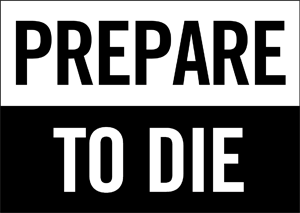Our new daughter, Esther Ruby, was born at 20:23, Saturday 29th July. The antenatal care was wonderful — presence without unwanted interference — and, when Claire needed a caesarean section, wonderfully professional whilst remaining human.
For me, it was an interesting and important experience of living between two worlds: that of the patient and that of the NHS employee. Patient-care is something I experienced vicariously though Claire and Esther, and directly as a father. The postnatal care, both in this birth and with my other daughter, Hannah Lola, whilst good during the day, left a lot to be desired over-night. It made me wonder whether staff morale was low on the ward. It was also angering and taught me some lessons.
Nurses and other hospital staff (of which I am one) work in a public space with nowhere to flee from the constant presence of people's needs. It is very wearing and at times inhuman; but many of us hospital staff act as if the hospital were set up for us and patients are there on sufferance.
I truth, hospitals belong to patients: it is they who are at the centre. It is obvious really, but so easy to forget, to think that, as a member of staff, patients are coming into my space. In reality, I am a guest in their space.
While I am a patient in a hosptial (receiving hospitality) my bed-space becomes my own: it is my home, my shelter from the storm. Anyone — family, friend, nurse, doctor, chaplain — who enters that space is a guest to act, with politeness, as if they were entering my home at my request, with a service to be offered, ideally with the joy of being able to serve, but at least with care and a recognition of my vulnerability and indigence. Such a person I shall receive with gratitude.























































